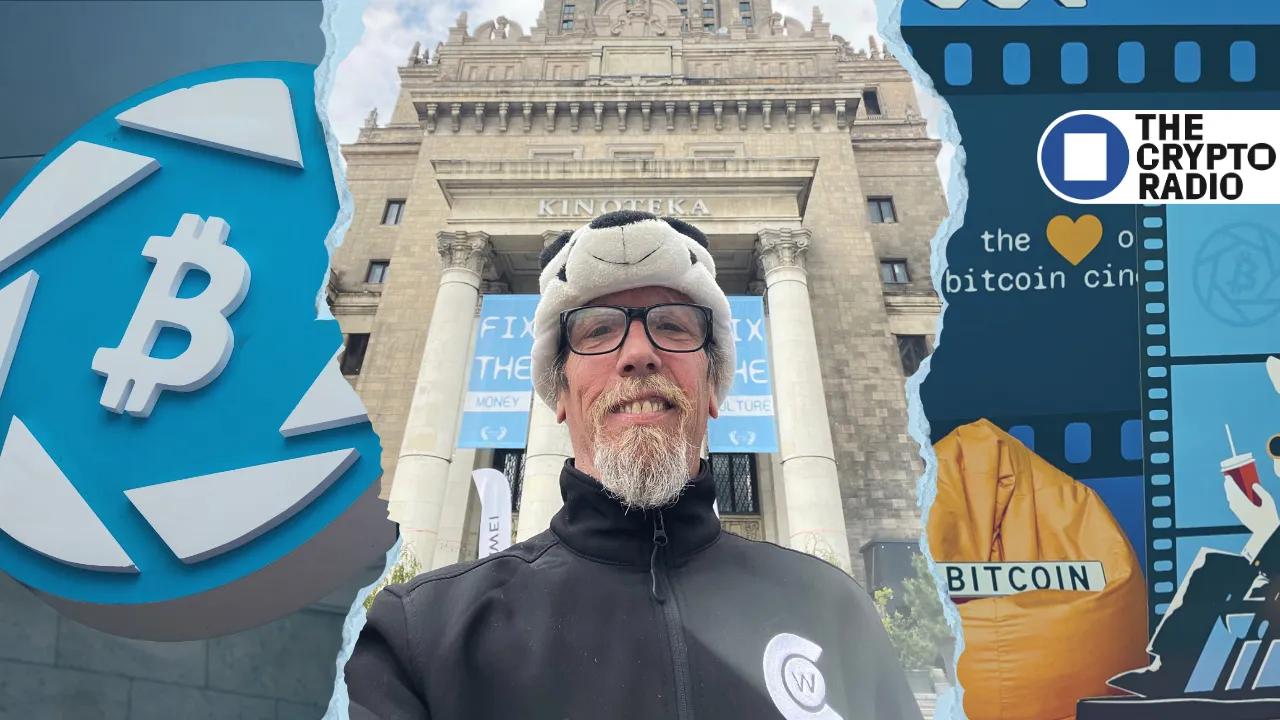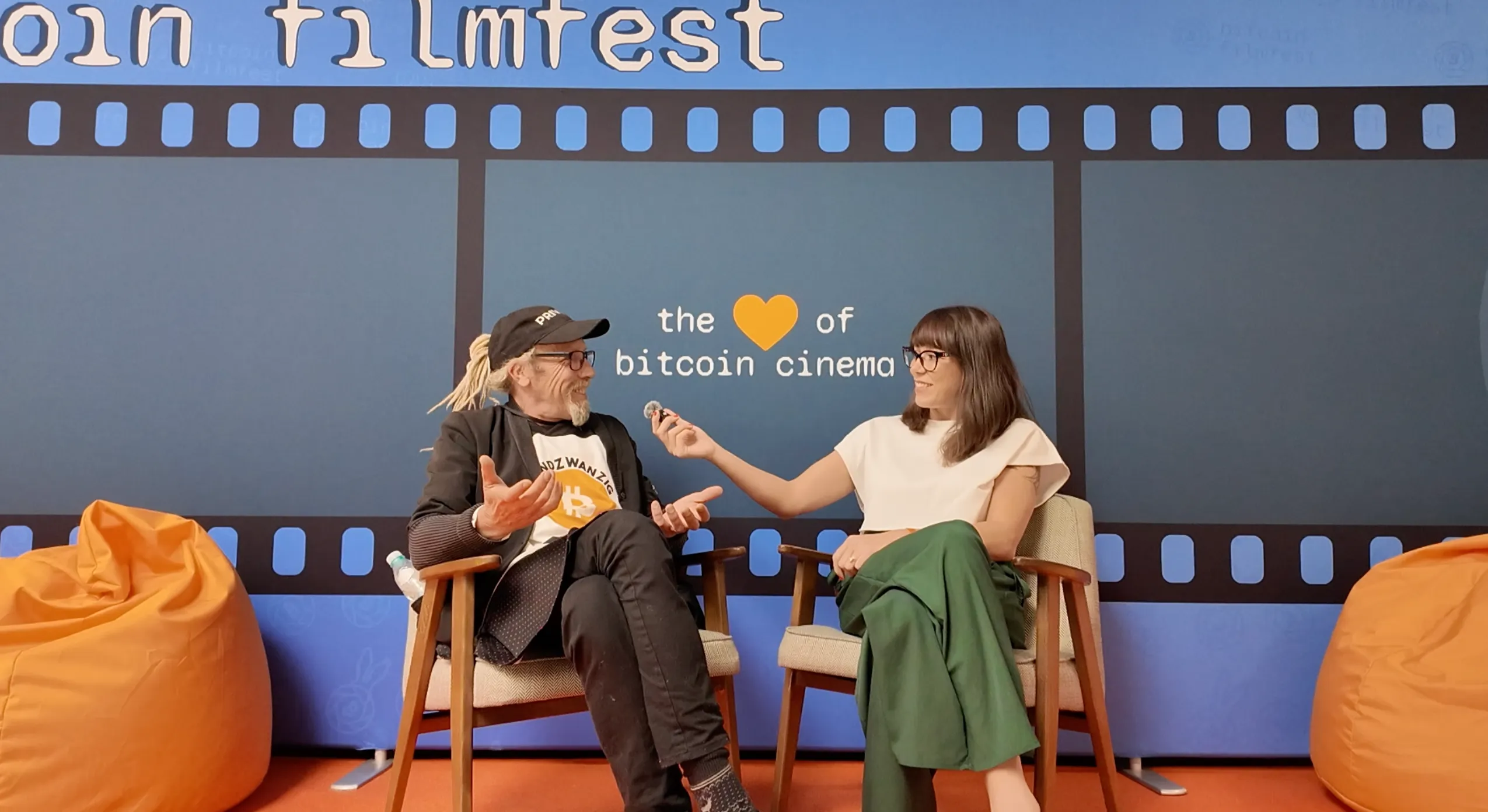OG Bitcoiner says it's not a religion
'Being a guardian of Bitcoin means encouraging people to actually research and think for themselves' – Exiled Surfer

While many early Bitcoiners double down on ideology, Michael Parenti stands out for his doubt. At the Bitcoin FilmFest, the longtime participant – better known as “Exiled Surfer” – laid out why he still believes in Bitcoin, but not in maximalism, hype, or one-size-fits-all solutions.
Parenti discovered Bitcoin early – reading the white paper not long after it was published. He later worked as a system administrator for the Bitcoin Foundation during some of its most turbulent moments, including the collapse of Mt. Gox, one of the first and largest crypto exchanges.
“I was right in the middle of all of those crazy times,” he told The Crypto Radio. But for Parenti, being early isn’t a badge of purity – it’s a reason to remain clear-eyed. “The only constant is change,” he said, pushing back on the idea that Bitcoin’s early principles are frozen in time.
Bitcoin is not a belief system
One of Parenti’s most consistent messages is that Bitcoin isn’t a religion – and shouldn’t be treated like one. “Bitcoin is one expression of one set of rules on how it is that people can interact with each other,” he said.
The protocol is a tool, not a doctrine – one that should adapt to its users and their contexts. “We get the Bitcoin that we deserve, not necessarily the Bitcoin at the price that we deserve,” he added.
His frustration at how others mythologize Bitcoin is evident. Hyperbitcoinization – the idea that Bitcoin will inevitably replace all other currencies – strikes him as deeply misguided. “Hyperbitcoinization, for me, is very offensive, because it's almost like a fiat by decree,” he said. “I want to be able to frictionlessly move in and out of consensus rule sets as a sovereign individual,” he said.
Unbanking the banked
Parenti is clear that Bitcoin doesn’t mean the same thing everywhere – nor should it. “We have 172–179 countries recognized on the planet," he said. "We have thousands of languages... humanity is incredibly complex.”
That complexity, he argues, makes it impossible to export one narrative globally. “In the West, we think about it from one very, very specific way,” he said. While Western users often talk about “banking the unbanked,” Parenti flipped the phrase: “It's about unbanking the banked.”
From Caracas to Warsaw, Bitcoin serves radically different purposes – preserving value, avoiding censorship, or enabling local entrepreneurship. What unites those experiences is not ideology but access: the ability to opt out, build alternatives, or simply survive.
What users often miss about Bitcoin

Michael Parenti aka Exiled Surfer speaks to The Crypto Radio's Bo Jablonski at Bitcoin FilmFest 2025 in Poland
Bitcoin’s so-called anonymity, he warned, is a myth. “Bitcoin lacks any kind of privacy,” he said. “It's a public ledger where all the info, your transaction history, is there the moment you transact with anybody.”
While he doesn’t dismiss the blockchain model, he cautions users not to confuse decentralization with invisibility. Privacy, he argues, requires additional tools and awareness.
What drives Bitcoin’s price isn’t always what people think – especially when the biggest moves happen off the radar. “The market has very thin liquidity that can be moved incredibly radically by large blocks of capital,” he said. These large, often invisible over-the-counter (OTC) trades don’t show up in public order books – but they shape the price more than tweets or headlines.
“Capital is incredibly liquid, and Bitcoin and other chain networks are on 24 hours a day,” he added, pointing to the constant, global nature of activity that makes traditional market models less reliable.
The culture shift that really matters
For Parenti, Bitcoin’s real power lies in culture – not speculation. “I'm more fascinated by the human element to it than I am by the financial element,” he said.
He described Bitcoin as a mirror for human behavior – a permissionless system that lets people project their values. “If you're an artist, you're artistic about Bitcoin. If you're a suit, you're a startup version of Bitcoin,” he said.
What surprises him most is where Bitcoin is turning up next. “I'm completely blown away by how Bitcoin mining now is actually becoming part of energy grid management,” he said, pointing to its potential use in stabilizing power loads and supporting renewables.
His advice to newcomers is to stay curious – and skeptical. “Being a guardian of Bitcoin means encouraging people to actually research and think for themselves, rather than following the latest influencer,” he said.
Belief without blindness
Parenti has never stopped believing in Bitcoin – but belief, in his case, means openness to its flaws and limitations. He’s seen it evolve from white paper to infrastructure, from chaos to culture. What keeps him engaged is not perfection, but potential.
“Bitcoin does not change humanity. It doesn't change how it is that humans work. It changes how it is we can choose to interact with each other,” he said.
That, for Parenti, is the point. Not a revolution. Not a utopia. Just a better way to build – if we’re willing to question it as we go.



